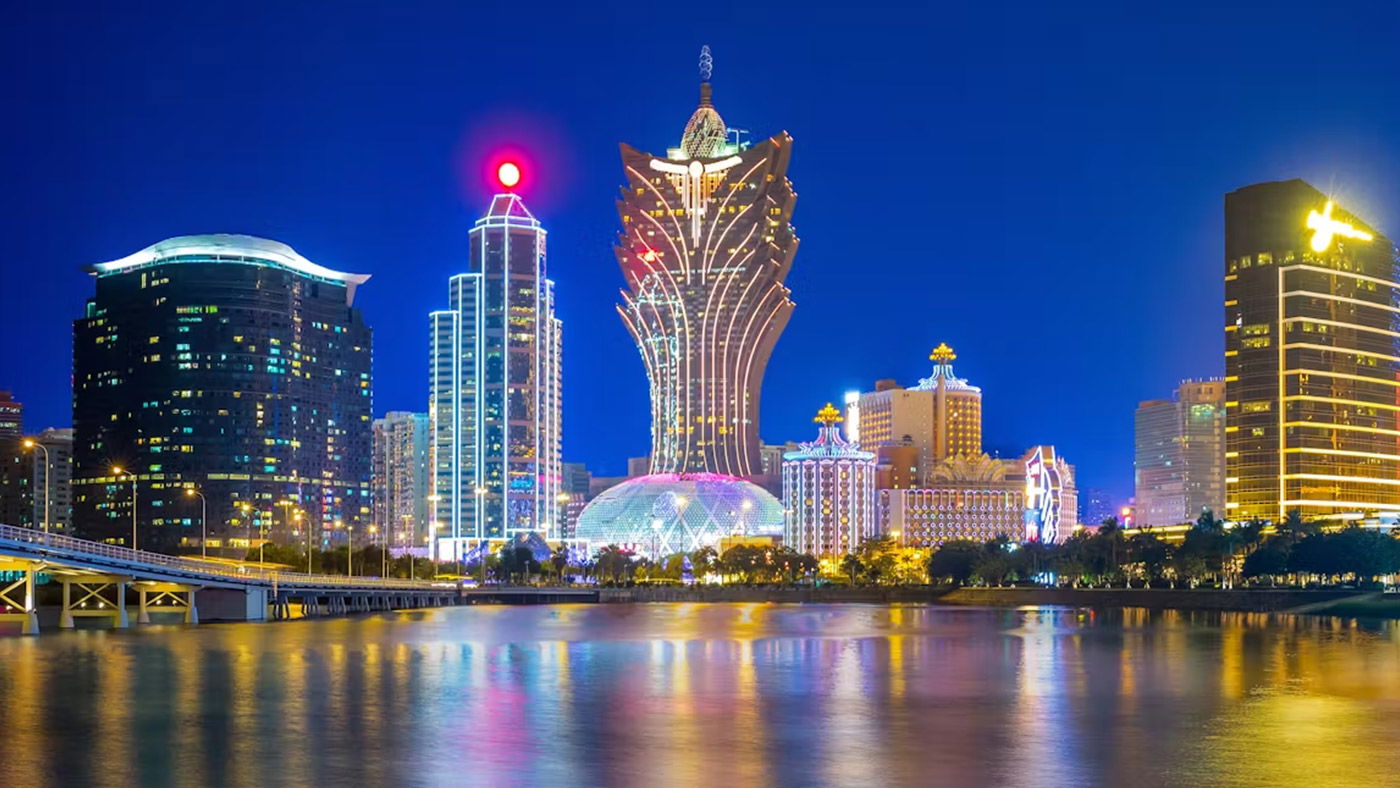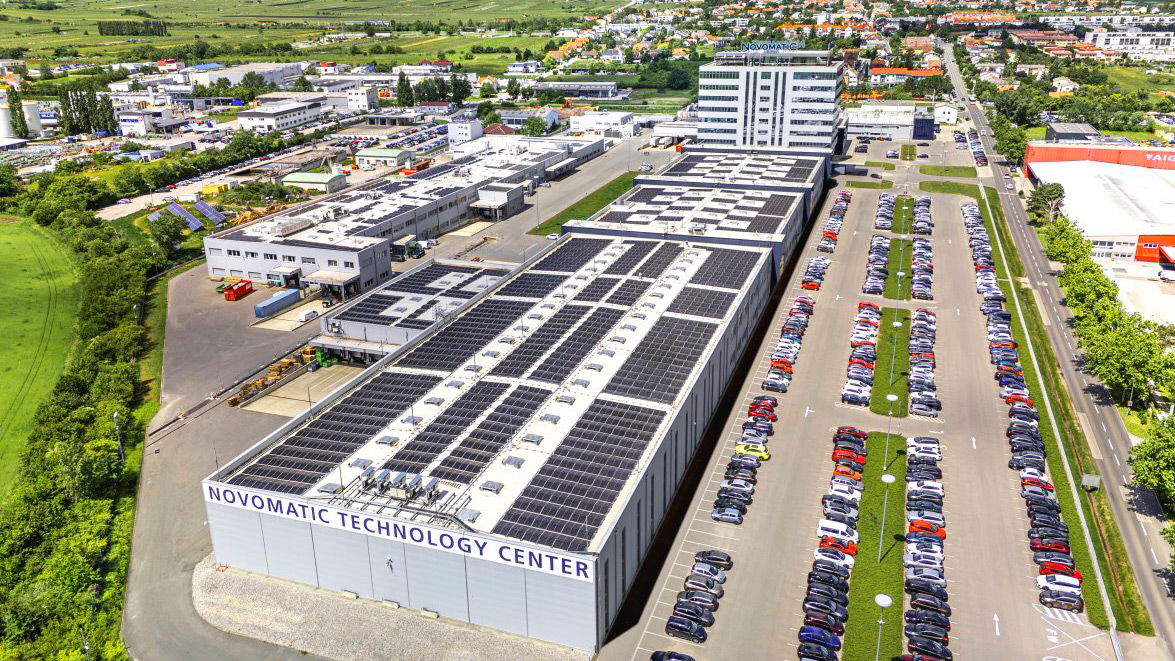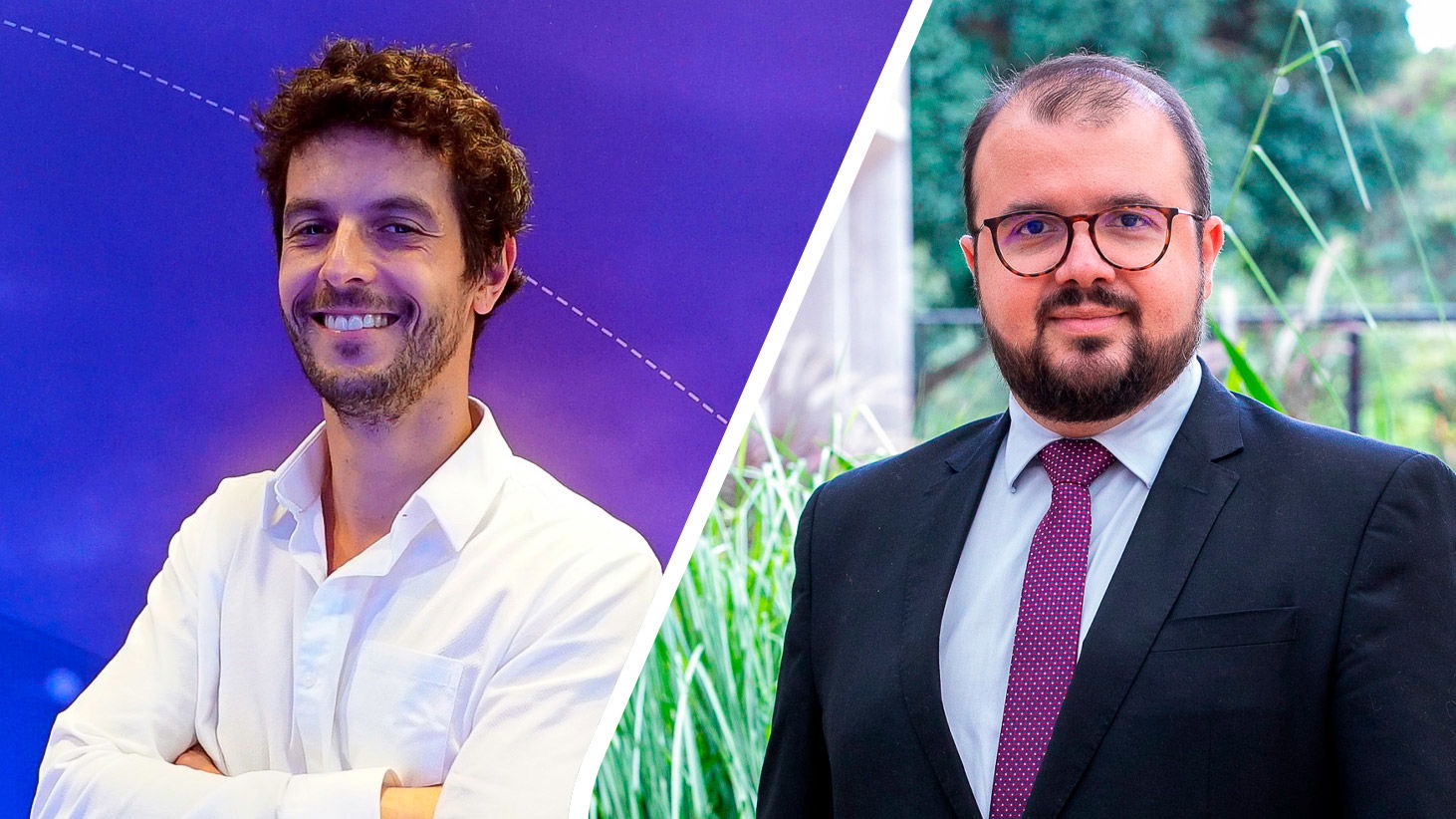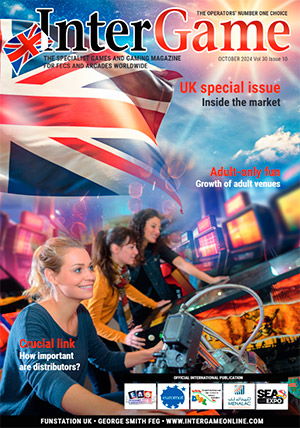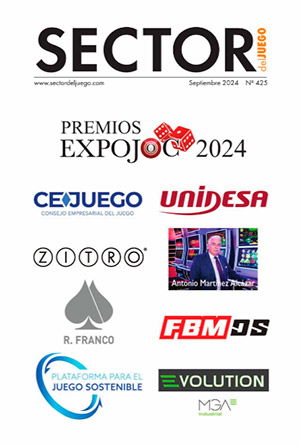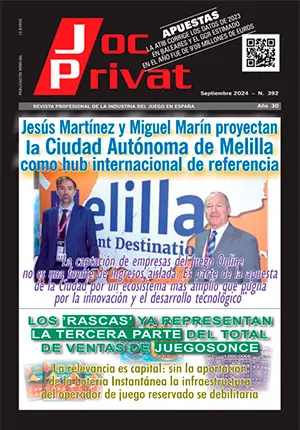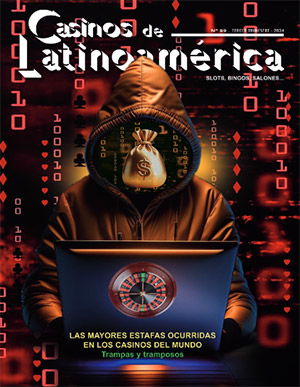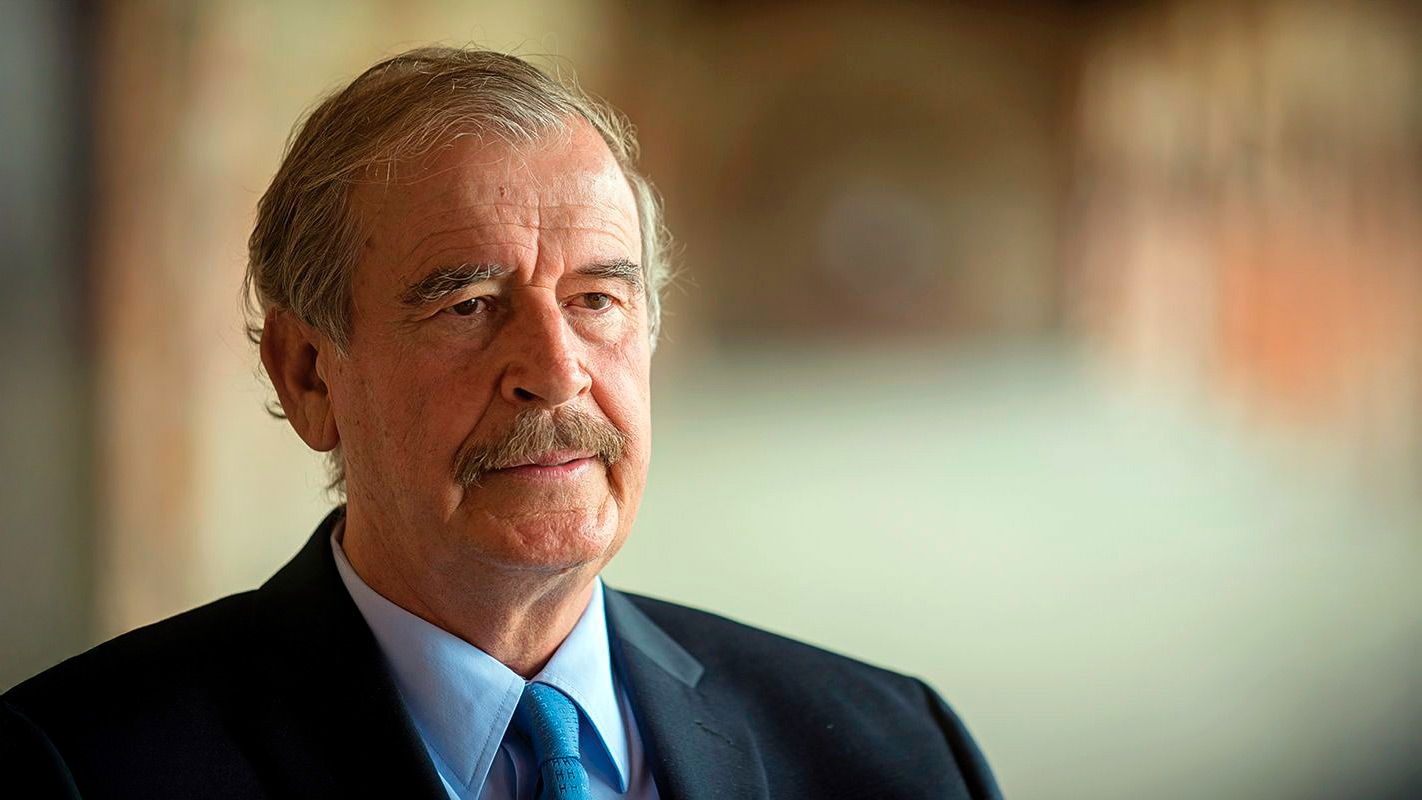Macau sees gaming revenue down by 56% in November; casinos on track for worst year on record
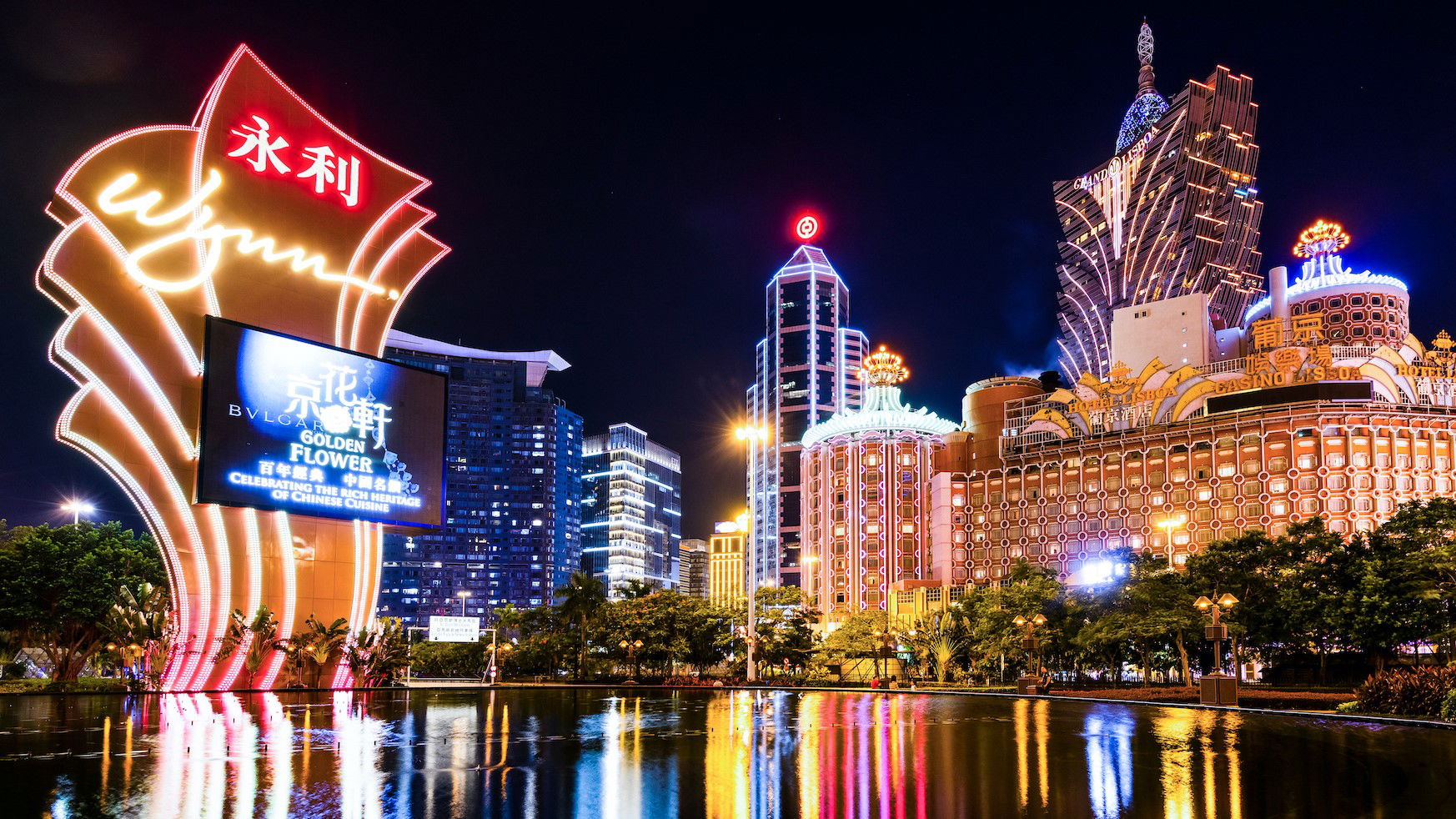
Macau casinos are on track for their weakest revenue total on record as mainland China's strict Covid-19 policies and travel restrictions continue to keep gamblers away from the city. The Gaming Inspection and Coordination Bureau said Thursday that casino revenue in November dropped to 3 billion patacas ($374 million), a 56% year-on-year fall.
Revenue for January-November amounts to 38.7 billion patacas ($4.8 billion), far short of the 270 billion patacas for the same period in 2019, prior to the pandemic. The previous low was 60.40 billion patacas in 2020, when severe restrictions were imposed on gamblers entering the gambling hub.
According to Ben Lee, managing partner at IGamiX Management & Consulting in Macau, the current lockdowns in Guangdong as well as the closure of the MGM Cotai resort in October put an end to any hopes of an end-of-year recovery. "We had initially projected the month of November to come in with revenues of 3.5 billion to 4 billion patacas," said Lee, according to the South China Morning Post.
Lee further explained that expectations were based on the resumption of e-visas and tour groups from the mainland as roughly 90% of the city’s gross gaming revenue is from mainland consumers.

Ricky Hoi, the deputy director of the Macau government tourist office, said last week that the city’s 5+3 quarantine policy is not very attractive to overseas visitors, but efforts were being made to target tourists from Hong Kong and Southeast Asia.
Last Saturday, Macau's government announced the six casino operators set to get new licenses to operate in the gambling hub from January. These include Sands China, Wynn Macau, Galaxy Entertainment, MGM China, Melco Resorts, and SJM Holdings.
While Genting Malaysia had been considered a credible candidate for a Macau license due to its strong non-gaming track record and mass market appeal – thus fitting key criteria for Beijing, which is adamant that Macau diversity away from gambling and attract foreign tourists – the government decided to award the new permits to the city’s existing operators.
Some of the criteria the government insisted on from the concessionaires in the bidding process included a focus on local employment stability, investments in non-gaming elements, and efforts to drive foreign tourists to the city.
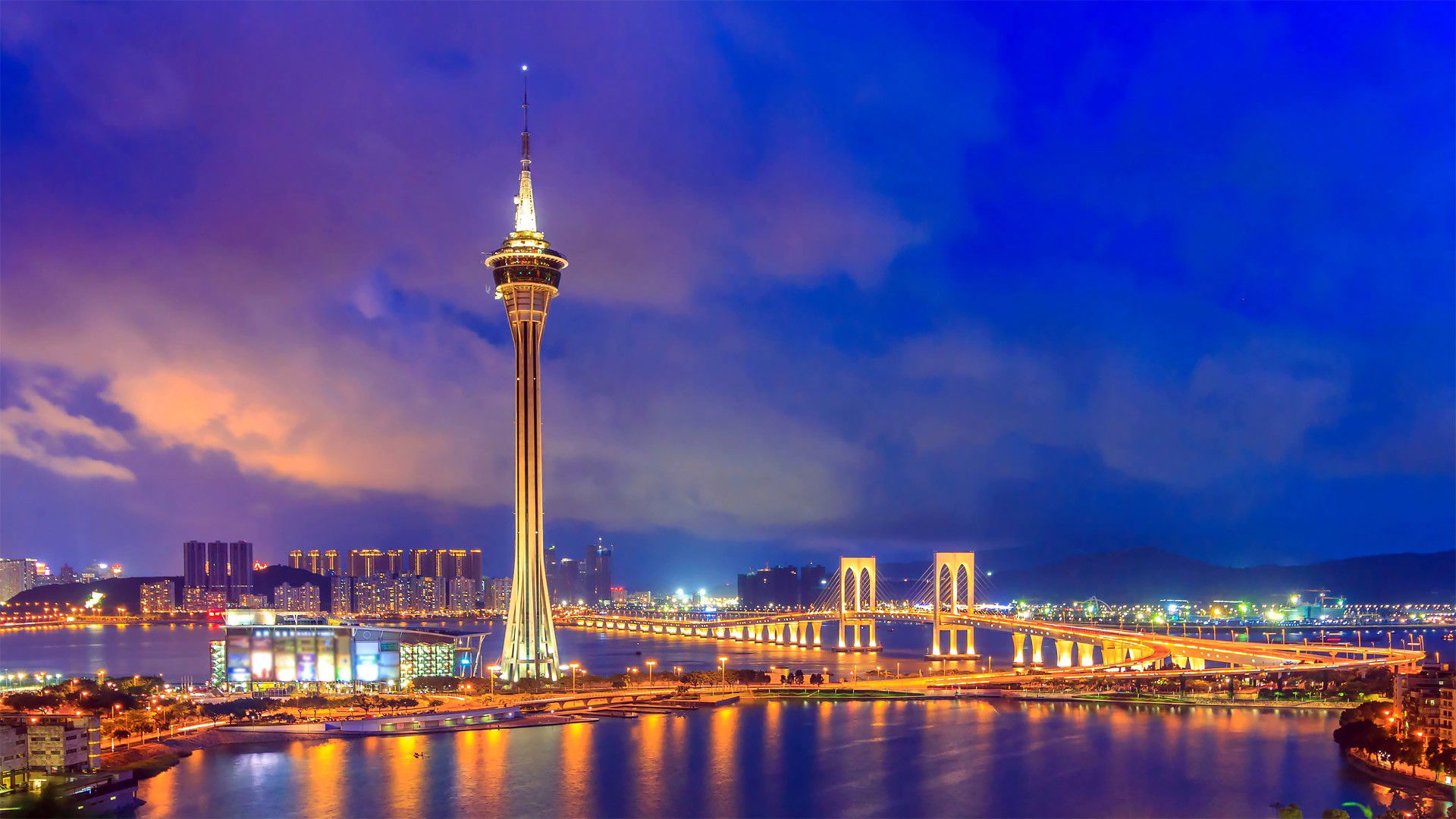
While according to a Jefferies report, the announcement of the concessions removed one overhang in the industry, the investment bank said headwinds remain in the form the of zero-Covid policy, creating uncertainty over the return of tourists and the timing of the industry’s recovery. Any meaningful recovery of the industry in 2023 remains uncertain while local infection cases persist and strict policies remain.
However, all may not be lost for the gaming hub. According to analysts at Citi, the resumption of e-visas and mainland Chinese group tours puts the city on the road to recovery, and investors are expected to regain their confidence.
"We remain confident that Macau will gradually recover from Covid and eventually regain its throne as the largest gaming jurisdiction in the world," said George Choi, director and head of global gaming research at Citi.


